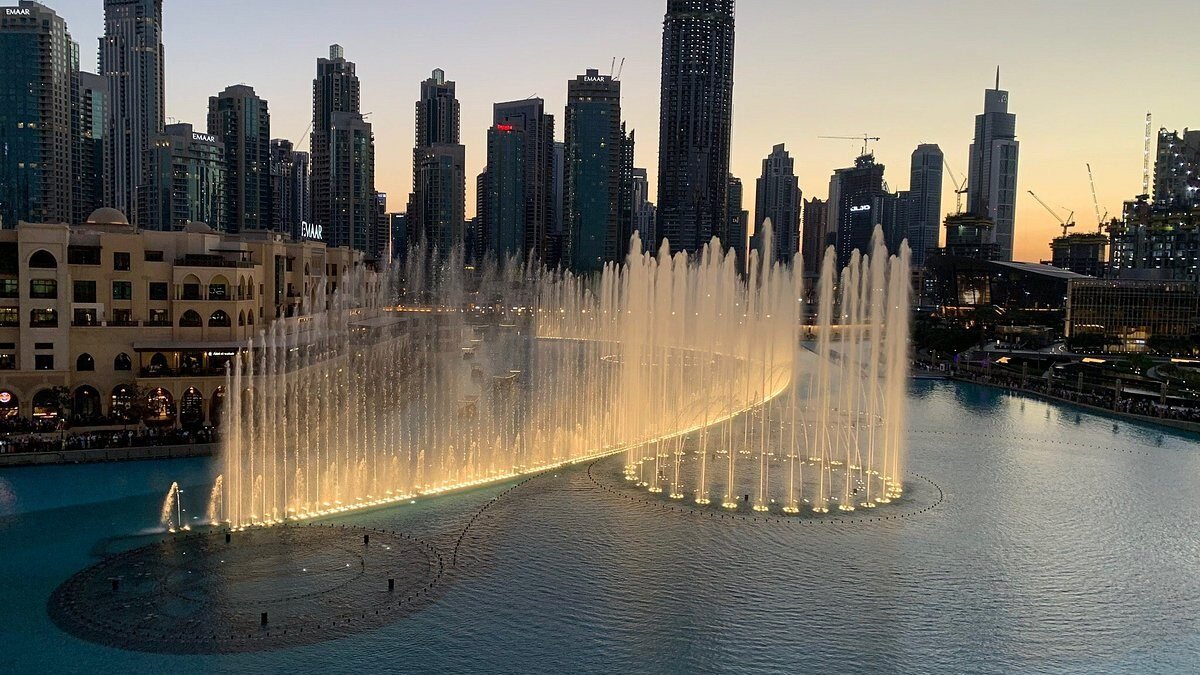Now Reading: 8 Emerging Tax Incentives for Property Owners
-
01
8 Emerging Tax Incentives for Property Owners
8 Emerging Tax Incentives for Property Owners

Table of Contents
The Ajman real estate market has grown steadily over the past few years, emerging as a highly attractive destination for property owners and investors and homeowners seeking affordability, accessibility, and long-term returns. As part of the UAE’s broader efforts to diversify its economy and enhance real estate transparency, Ajman is implementing new frameworks and benefits that support property ownership. Among these developments, emerging tax incentives stand out as key advantages driving both local and foreign interest.
In this article, we explore eight tax-related benefits and incentives that are shaping the Ajman real estate sector in 2025 and beyond. Whether you’re a first-time investor, seasoned landlord, or a property developer, understanding these updates can help you make informed and profitable decisions.
1. No Personal Income Tax on Rental Income

Ajman continues to offer a zero personal income tax regime, which is a major draw for real estate investors. Unlike many other countries, the UAE does not tax rental income from residential or commercial properties, allowing landlords to keep 100% of their earnings. This applies to both residents and foreign nationals, making Ajman a tax-efficient option for buy-to-let investments.
2. No Capital Gains Tax on Property Resale
Another significant incentive is the absence of capital gains tax. When property owners in Ajman sell their assets, the profits from the resale are not taxed. This creates a tax-free exit strategy for investors, encouraging short-term flipping or long-term portfolio scaling.
For high-net-worth individuals or businesses looking to liquidate assets profitably, this rule increases the appeal of Ajman’s property market compared to other global cities with stricter capital gains regulations.
3. Low Property Registration Fees
Ajman offers some of the lowest property registration fees in the UAE, typically around 2% of the property’s value. In contrast, registration fees in Dubai can go up to 4%, while Abu Dhabi stands at 2%. This makes Ajman a more accessible entry point for new buyers and investors, reducing the initial transaction costs and encouraging quicker property turnover.
Quick Example: On a AED 500,000 apartment, a buyer would pay only AED 10,000 in registration fees in Ajman.
4. Exemptions on VAT for Residential Property Sales
While the UAE introduced a 5% Value Added Tax (VAT) in 2018, residential property sales in Ajman remain mostly exempt—especially for first-time sales of new properties within three years of construction. This makes newly developed units a more financially viable choice for end-users and first-time investors.
5. Freehold Ownership for Foreigners in Designated Zones

In Ajman, foreign investors can now enjoy 100% freehold ownership in specific zones such as Al Nuaimiya, Al Rashidiya, and Emirates City. Unlike leasehold arrangements, freehold ownership gives complete control over the property and land, including the right to sell, lease, or modify.
This opens the door to more international buyers who might otherwise face ownership restrictions in other regions.
6. Inheritance and Estate Tax Exemptions
The UAE currently does not impose inheritance or estate taxes, which is advantageous for long-term real estate planning. In Ajman, this means property owners can pass down real estate assets to heirs without the burden of estate taxes or complicated legal structures.
However, property owners are encouraged to draft a registered will through the DIFC or Abu Dhabi Wills Registry to avoid future succession disputes, especially for non-Muslim expatriates.
7. Tax-Free Property Ownership for Offshore Companies
Ajman allows offshore entities registered in certain UAE free zones (like Ajman Free Zone or RAK ICC) to hold property in designated areas. These entities enjoy tax exemptions on property income, capital gains, and repatriation of profits, making them an attractive vehicle for high-value investors and international funds.
Incorporating through these entities also enhances privacy, reduces liability, and offers access to UAE banking systems.
8. Government Incentives for Green and Smart Buildings
Ajman’s government is encouraging sustainable real estate development by offering tax breaks and subsidies to developers and investors who prioritize energy-efficient and smart buildings. These initiatives align with the UAE’s Vision 2030 goals and may soon include exemptions or reductions in utility fees and fast-track building permits.
Although still in early implementation, these incentives are expected to make Ajman a leading destination for eco-conscious real estate investment.
Bonus Insight: Ajman’s Cost Advantage vs. Other Emirates
While Ajman offers numerous tax incentives, it’s also worth highlighting its cost advantage over neighboring emirates. Average property prices in Ajman are nearly 30-40% lower than Dubai, with similar access to infrastructure, transport, and amenities.
This affordability, combined with tax neutrality, makes Ajman ideal for:
- Young families buying their first home
- Investors seeking high rental yields
- Developers targeting the mid-income segment
Conclusion
Ajman real estate is no longer the UAE’s hidden gem—it’s now a rising star with clear financial and tax advantages. From zero income and capital gains taxes to exemptions for VAT and estate duties, Ajman offers a compelling value proposition for investors at every level. The market’s affordability, combined with progressive regulations and emerging government-backed incentives, ensures Ajman’s continued rise as a property investment hotspot.
If you’re considering a strategic real estate move in the UAE, Ajman should be on your radar in 2025.
read more: RAK Real Estate: 7 Compelling Reasons Investors Are Rushing In in 2025





















